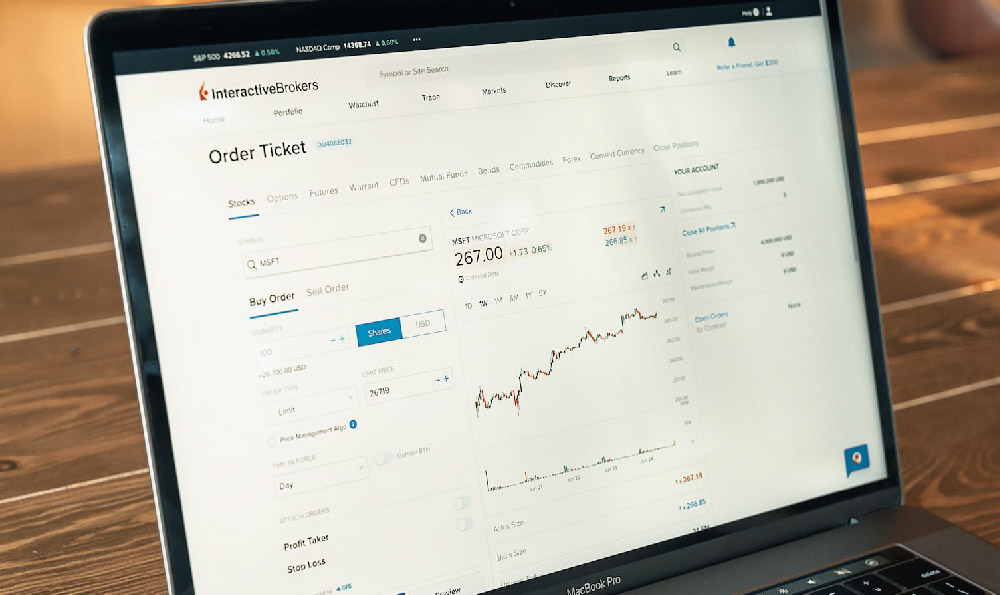In the ever-evolving landscape of commercial ventures, the HVAC industry continues to unveil opportunities for profitability and efficiency that transcend traditional boundaries. As climate change accelerates and energy costs surge, businesses operating in this sector must innovate to remain competitive. The integration of digital technologies and strategic financial planning has become a cornerstone for those aiming to secure long-term gains while navigating the complexities of this dynamic market. Whether you're an established contractor or a first-time entrepreneur, the following insights can help craft a resilient business model that maximizes returns while minimizing risks.
Leveraging Technology to Enhance Efficiency
The adoption of smart technologies is transforming the HVAC industry by enabling predictive maintenance and energy optimization. IoT-enabled thermostats and sensors can collect real-time data on temperature fluctuations, humidity levels, and equipment performance, allowing for proactive repairs and reduced downtime. This not only lowers operational costs but also enhances customer satisfaction by ensuring consistent comfort. In addition, cloud-based platforms can streamline project management, enabling remote monitoring of installations and automating invoicing processes. By investing in these technologies, HVAC companies can position themselves as leaders in the digitization of building systems, creating a competitive edge that drives profitability.
Diversifying Revenue Streams Beyond Traditional Services
While heating, ventilation, and air conditioning remain the core of the industry, expanding into ancillary services can significantly boost earnings. For example, integrating climate control systems with smart home automation allows contractors to offer bundled solutions, increasing the average contract value. Similarly, developing energy efficiency programs for commercial clients can generate recurring revenue through monthly or annual service agreements. In a rapidly aging population, the demand for health-focused HVAC solutions, such as air purification systems or allergen-reducing filters, is surging. By aligning with these trends, businesses can tap into new markets and diversify their income sources, ensuring financial stability even during economic downturns.

Optimizing Cost Structures Through Strategic Sourcing
Reducing overhead is a critical component of sustaining profitability in the HVAC sector. Rather than relying on expensive equipment, adopting modular or scalable solutions that allow for incremental investment can help manage capital expenditures more effectively. Leasing or partnership models with equipment manufacturers can also provide access to cutting-edge technology without upfront costs. Additionally, automating parts of the supply chain—such as inventory management with blockchain-based tracking systems—can minimize waste and ensure timely material delivery. These cost-saving measures are essential in an industry where margins are often razor-thin, but the rewards for those who master them are substantial.
Harnessing Digital Payment Innovations for Streamlined Transactions
The integration of digital payment solutions is reshaping the way HVAC businesses handle financial transactions. By adopting cryptocurrencies for international payments, companies can reduce transaction fees typically associated with cross-border remittances. This is particularly beneficial for firms operating in global markets, as it enables faster and more transparent financial exchanges. Additionally, implementing blockchain-based contracts for service agreements can eliminate intermediaries, reducing administrative overhead while ensuring accountability. These innovations not only improve cash flow but also enhance the transparency and security of financial operations, which are vital for building trust with clients and partners.
Building Resilience Through Risk Management
The HVAC industry is inherently vulnerable to fluctuations in energy markets, supply chain disruptions, and regulatory changes. To mitigate these risks, companies should adopt a diversified approach to project portfolios, ensuring that no single client or sector dominates their revenue. Investing in insurance policies that cover equipment failures and labor shortages can also provide a safety net during unexpected events. Furthermore, maintaining a reserve fund for emergencies or downturns is a crucial step in financial preparedness. These risk management strategies are not just about safeguarding profits; they're about cultivating a business that can weather economic storms and emerge stronger.
Creating Long-Term Value Through Sustainable Practices
As environmental regulations tighten, the HVAC industry is increasingly becoming a focal point for sustainability. Implementing energy-efficient technologies, such as geothermal heat pumps or solar-powered cooling systems, can reduce operational costs while meeting regulatory demands. In addition, adopting green building certifications like LEED or Energy Star can open doors to government incentives and premium pricing for clients. By aligning with sustainability goals, HVAC businesses can position themselves as eco-conscious leaders, attracting environmentally aware customers and investors alike. These practices not only ensure profitability but also contribute to a broader mission of environmental stewardship.
In the end, the key to profitability in the HVAC business lies in a proactive, forward-thinking approach that combines technological innovation with sound financial strategy. By staying ahead of industry trends, optimizing operations, and building resilience against market volatility, HVAC professionals can secure long-term gains. The integration of digital payment methods and sustainability-focused initiatives further enhances the industry’s potential, making it a compelling arena for those seeking to earn money efficiently in today’s economic climate. As the market continues to evolve, those who adapt and innovate will not only survive but thrive, unlocking new avenues for growth and financial success.












